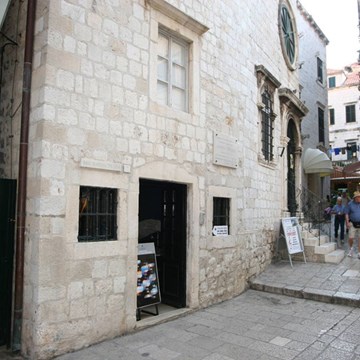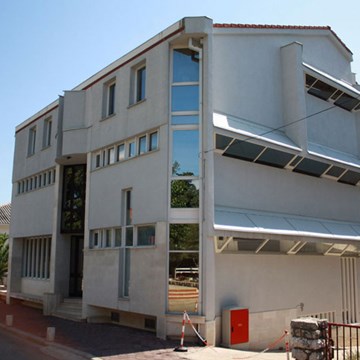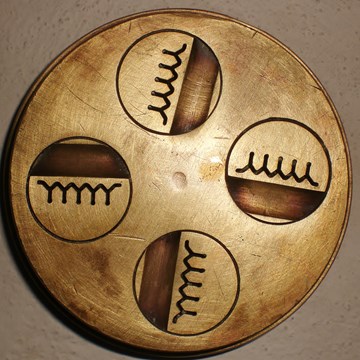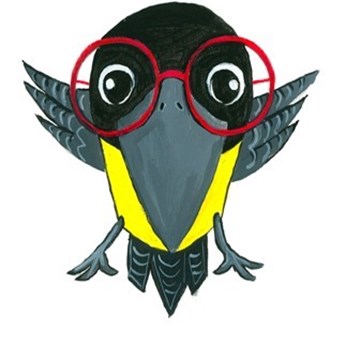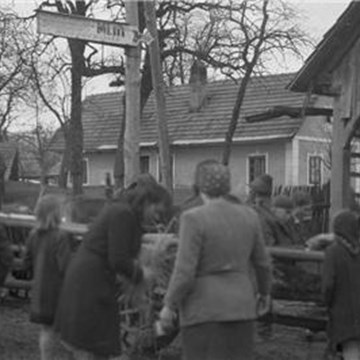The other side of the medal: how Germany saw the First World War
This display examines a selection of medals made by artists who lived and worked in Germany between 1914 and 1919. Challenging and at times deliberately provocative, many of the medals were intended to influence popular opinion against Germany’s enemies. Others provide a more universal criticism about the futility of war and waste of human life.
Initial enthusiasm for the First World War quickly descended into horror at its scale and brutality. Reflecting upon this, numerous artists revived the medieval Dance of Death motif to present an almost apocalyptic view of the conflict. On these medals, Death stalks the battlefield, sea and sky, hacking down soldiers, sinking ships or manipulating giant Zeppelin airships. The figure becomes an active malevolent presence and indiscriminate force of destruction.
Medal artists also embraced Expressionism to explore the psychological effects of war, distorting reality to convey mood and emotion. Vulnerable stick-like figures become dominated by giant war machines in scenes that strip humanity of its individualism. German medallists were also keen to consider the collateral effects of war, depicting refugees displaced by invasion or people starving as a result of food shortages. This showed the totality of the First World War in a way that eluded most contemporary medals made in Allied countries.
Due to their use of pro-German propaganda, wartime Britain regarded these medals with outrage. Despite this, the British Museum was highly proactive in acquiring them, realising their significance as historical documents. A century on, this display of medals from the collection offers a fresh perspective to our understanding of life and death during the First World War.
Suitable for
Any age
Website
http://www.britishmuseum.org/whats_on/exhibitions/the_other_side_of_the_medal.aspx
Source: http://www.culture24.org.uk//se000073?id=EVENT479201
Exhibitions and events

Sutton Hoo and Europe, AD 300–1100
Permanent exhibitionThe centuries AD 300–1100 witnessed great change in Europe. The Roman Empire broke down in the west, but continued as the Byzantine Empire in the east. People, objects and ideas travelled across the...

Babel, babbling and the British Museum
Event at British Museum on 26.11.2041 13:15A gallery talk by Irving Finkel, British Museum. Gallery talks last 45 minutes. They are given by Museum staff or guest speakers and are suitable for all levels of knowledge. Admission Free
Activities from this museum
We don't have anything to show you here.


